Meet the 2024 Newly Elected Scientific Advisory Board Members
The Lymphoma Research Foundation welcomed five new members, Alex Herrera, MD; Kami Maddocks, MD; Todd Fehniger, MD, PhD; Gilles Salles, MD, PhD; and Sharon Castellino, MD, MSc, to its elite Scientific Advisory Board (SAB).
Comprised of 45 world-renowned lymphoma experts, the Lymphoma Research Foundation’s SAB seeks out the most innovative and promising lymphoma research projects for support. Members of the Foundation’s SAB are leaders in blood cancer research, with unparalleled experience and accomplishments in both lymphoma-specific research and clinical care. They guide the planning of the Foundation’s research portfolio, selecting and monitoring grant recipients and designing the Foundation’s international consortia and scientific programs.
The new SAB members will join current members to review grant proposals, make recommendations regarding research priorities and funding to the Foundation’s Board of Directors, evaluate the progress of ongoing research projects, and guide the strategic direction of the Foundation’s research programs and consortia.
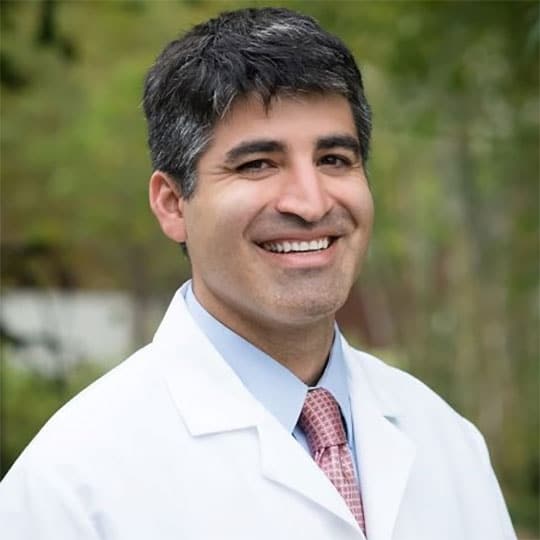
Alex Herrera, MD
Chief, Division of Lymphoma, Department of Hematology and Hematopoietic Cell Transplantation
City of Hope
Dr. Herrera is an Associate Professor in the Division of Lymphoma at City of Hope. He is also the Associate Medical Director of the Briskin Center for Clinical Research He earned his medical degree from Harvard Medical School and was inspired to a career in lymphoma research during his internal medicine residency at Brigham and Women’s Hospital. “I was attracted to the variability in lymphoma subtypes, the wide range of ages of the lymphoma patients we care for, and the very special long term relationships a lymphoma clinician can develop with patients over many years,” he says.
“As I was finishing my training, we were just seeing the early promise of targeted therapies with the initial tyrosine kinase inhibitors and immunotherapies, and it was clear that there would be tremendous research opportunities for a young lymphoma researcher.”
Today, Dr. Herrera’s clinical research focuses on the optimization of novel immunotherapies for classical Hodgkin lymphoma (cHL) and how best to incorporate new targeted therapies into treatment. He notes that he is most proud of a recent clinical trial his team conducted investigating the use of immunotherapy (nivolumab) versus chemotherapy in patients with stage 3-4 cHL, which led to the establishment of a new standard of care for this patient population. “Many adolescent patients with stage 3-4 Hodgkin lymphoma have historically received radiation therapy; however, with nivolumab-AVD, we were able to increase the effectiveness of treatment and omit radiation in nearly all patients,” he explains. “I am excited about the wave of targeted immune-based therapies for lymphoma that are reducing the amount of chemotherapy and radiation treatment patients receive.”
As a member of the Foundation’s Scientific Advisory Board, Dr. Herrera is excited to help guide the field of lymphoma research to help the foundation achieve its mission. “I am honored to be part of a brilliant group of lymphoma researchers who work together with the Lymphoma Research Foundation to advance our scientific understanding of lymphoma, support the development of new lymphoma treatments, and advocate for lymphoma patients around the world,” he shares. “We continue to have an amazing amount of scientific discoveries with new drugs in development for the treatment of lymphoma, and it is an exciting time to be a lymphoma researcher.”
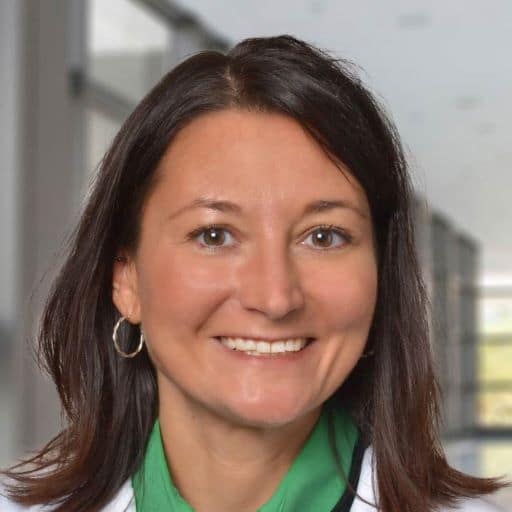
Kami Maddocks, MD
Lymphoma Program Director
City of Hope
Dr. Maddocks is a Professor of Clinical Internal Medicine at The Ohio State University and Medical Director of Infusion Services at the James Outpatient Care Cancer Treatment Center. She earned her medical degree from the University of South Dakota School of Medicine and completed her residency in internal medicine at the Mayo Clinic. It was here that she was inspired to pursue a career in lymphoma research.
“During my residency, I had the opportunity to take care of patients with lymphoma and was drawn to this population, as it included patients of all ages and various outcomes,” she explains. “Caring for patients who would be cured of their disease was rewarding, and caring for patients who needed more effective and less harsh therapies provided an opportunity to make a future impact.”
As a clinical researcher, Dr. Maddocks’ work has focused on improving outcomes in the treatment of aggressive lymphomas using novel and emerging targeted therapies. She is most proud of her involvement in some of the original trials evaluating the use of Bruton’s tyrosine kinase inhibitors (BTKi) in the treatment of B-cell lymphomas. “I was involved in many trials that studied the use of the first BTKi, ibrutinib, and while there are newer BTK inhibitors available with improved toxicity profiles, ibrutinib saved the lives of many people, and it was very rewarding to witness,” she shares.
Through her work on the Foundation’s Scientific Advisory Board and as a member of the Foundation’s Mantle Cell Lymphoma Consortium Executive Committee, Dr. Maddocks is excited to help further research that advances our understanding of and ability to treat lymphomas. “I have been fortunate to witness many patients and colleagues benefit from the work of the Lymphoma Research Foundation, including patient education, research funding, and faculty development, and am excited to be joining many of my colleagues on the Scientific Advisory Board who help drive the work and mission of the Lymphoma Research Foundation,” she says.
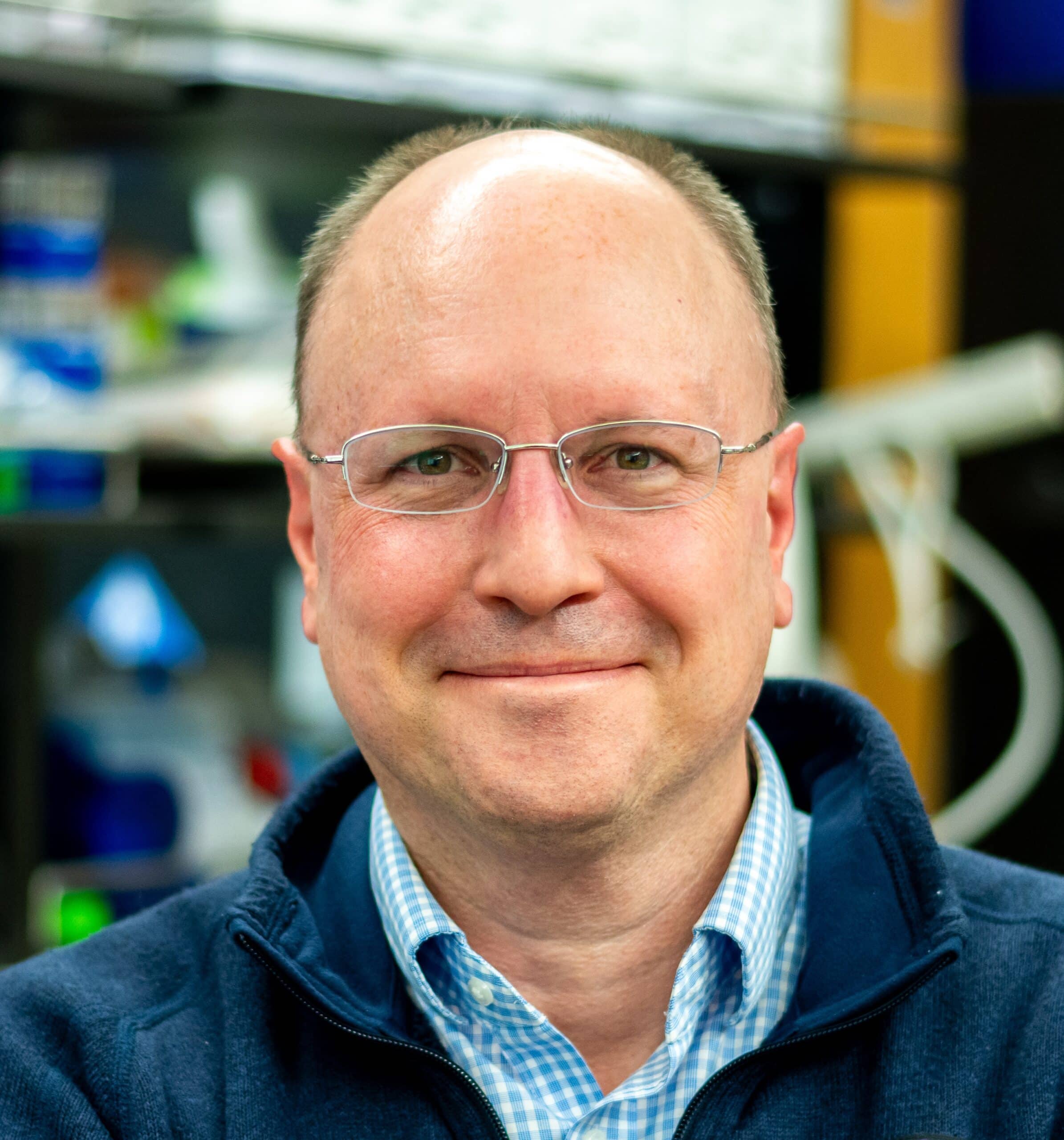
Todd Fehniger, MD, PhD
Professor of Medicine, Division of Oncology
Washington University in St. Louis
Dr. Fehniger is a Professor of Medicine at Washington University School of Medicine in St. Louis, Missouri. He is co leader of the hematopoietic development and malignancy program at the Siteman Cancer Center and laboratory director for the Center for Gene and Cellular Immunotherapy in the Division of Oncology. He was initially introduced to lymphoma research as a medical student at the Ohio State University College of Medicine, where he was involved in research investigating novel immunotherapies for lymphoma patients.
As a physician-scientist, Dr. Fehniger’s research focuses on understanding immune cells to support the development of new therapies that harness the power of the immune system to treat lymphoma. “One focus of our group is to understand an emerging cellular therapy, natural killer (NK) cells, and how best to engineer and harness these cells,” he explains. “We are developing a chimeric antigen receptor (CAR)-engineered NK cell therapy that is ‘supercharged’ to be better equipped to attack lymphoma in patients without causing side effects.” He hopes that this work will contribute to the growing body of immunotherapies — including CAR T cells and bispecific T-cell engagers — that have helped improve outcomes and experiences for people living with this disease, and he is excited to see how the treatment landscape will continue to evolve. “I expect this is the tip of the iceberg, and we’ll be seeing advancements and refinements in how we manipulate, engineer, and modify the immune system and the environment around a lymphoma to treat and cure lymphoma.”
As a member of the Scientific Advisory Board, Dr. Fehniger is excited to help guide and support cutting-edge lymphoma research. “The Lymphoma Research Foundation represents a critical force in the advancement of lymphoma research and support for lymphoma patients,” he says. “I’m excited to help guide and shape the lymphoma research focus over the coming years in directions that support the very best basic, translational, and clinical research as well as advocate for providing critical support for patients living with lymphoma and their families.”
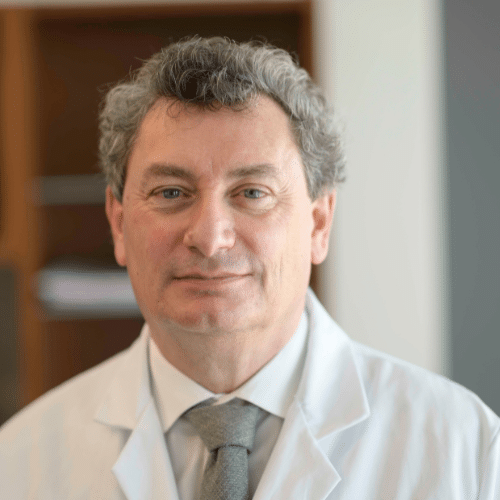
Gilles Salles, MD, PhD
Chief, Lymphoma Service and Steven A. Greenberg Chair
Memorial Sloan Kettering Cancer Center
Dr. Salles is the Lymphoma Service Chief and Steven Greenberg Chair at Memorial Sloan Kettering Cancer Center. He is also a Professor of Medicine at Weill Cornell Medical College. As a member of the Foundation’s Scientific Advisory Board, Dr. Salles is looking forward to encouraging research performed by young investigators in the field. “Besides funding meaningful research projects to advance the field, the Scientific Advisory Board and the Foundation have important roles in bringing together clinical and science investigators to address the interpretation of new findings and elaborate research priorities in the field,” he says.
Over his career, Dr. Salles has been involved in many clinical studies aimed at investigating lymphoma treatments and uncovering the nature and biology of the disease. His current work is focused on evaluating new immunotherapies for individuals with B-cell lymphoma, with the hopes of understanding how patients develop resistance to these therapies. “I think immunotherapies have changed how we treat B-cell lymphoma,” he explains. “They have increased the proportion of patients with aggressive B-cell lymphoma who are cured, significantly prolonged the life of those with indolent disease, and perhaps cured some. We are excited to elucidate the mechanisms of action of these drugs, [identify] resistance mechanisms, and explore new combinations.”
The rapid advancements that have been made in lymphoma research give Dr. Salles hope for the future of lymphoma care. “We are already seeing that some patients can be effectively and safely managed for years without chemotherapy, and maybe we will defeat some of the indolent diseases,” he says.
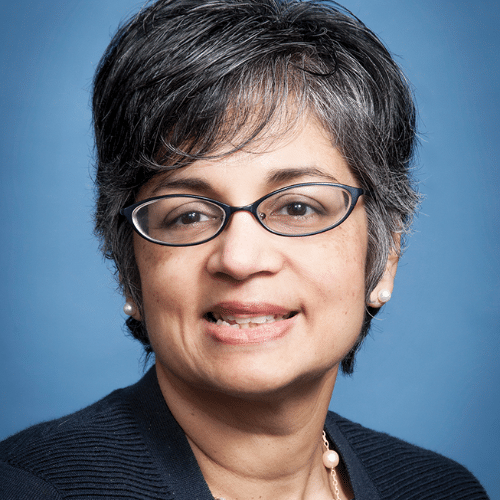
Sharon Castellino, MD, MSc
Director, Leukemia/Lymphoma (LL) Program for the Aflac Cancer and Blood Disorders Center
Emory University School of Medicine
Dr. Castellino is a Professor of Pediatrics at Emory University School of Medicine and Director of the Leukemia and Lymphoma Program at the Aflac Cancer and Blood Disorders Center of Children’s Healthcare of Atlanta. She earned her medical degree from Duke University School of Medicine, where she also completed a fellowship in pediatric hematology/oncology. As a member of the Foundation’s Scientific Advisory Board, Dr. Castellino is interested in helping the Foundation better tailor their resources for pediatric oncology clinics to help meet the unique needs of this patient population.
As a pediatric oncologist, Dr. Castellino’s research career has focused on understanding and improving outcomes for children, adolescents, and young adults with Hodgkin lymphoma. “Most of my research now is in collaborative approaches to improving outcomes in Hodgkin lymphoma,” she explains. “This is done through clinical trial designs, studies to create cohorts of cancer survivors treated with new therapies, and also looking upstream at social determinants of health that impact the severity of disease at initial presentation of cancer.” She is also interested in understanding the long-term effects of newer treatment options in these younger patient populations. “We don’t want to assume that novel agents are better in the long run just because they are tolerated better in the acute therapy setting,” she says. “We have an obligation to our patients and to survivors to understand whether or not there will be any later effects.”
In addition to her work with pediatric patients, Dr. Castellino is excited to leverage her experiences on the Foundation’s Scientific Advisory Board to support early and middle career investigators to keep lymphoma research moving forward. She is also interested in identifying ways to increase diversity and representation within the lymphoma research space.
Read More Articles from Pulse
Pulse is a publication of the Lymphoma Research Foundation, providing the latest updates on the Foundation and its focus on lymphoma and chronic lymphocytic leukemia (CLL) research, awareness, and education

